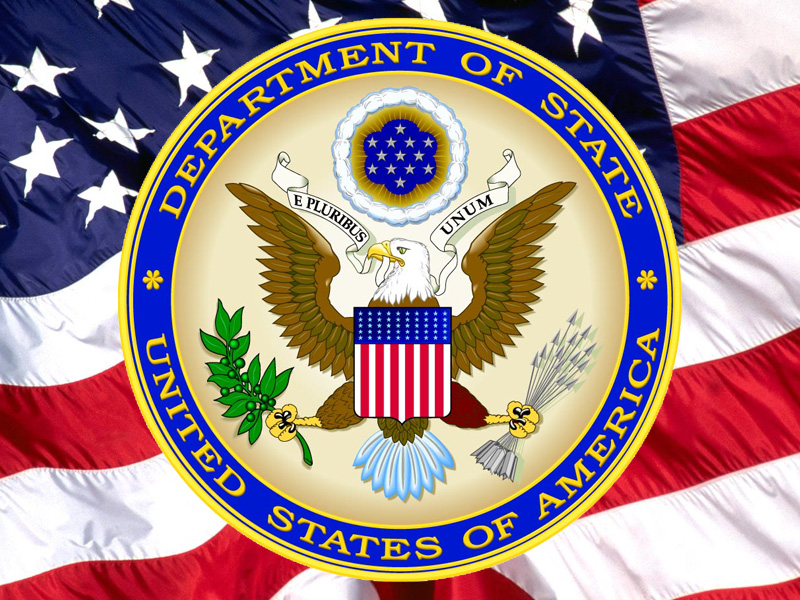On Friday, the US State Department issued a “stop-work” order for all existing foreign assistance and paused new aid. This directive follows President Donald Trump’s decision to review whether the aid allocation aligns with his foreign policy goals.
According to a cable approved by Secretary of State Marco Rubio, seen by Reuters, the pause includes a specific waiver for military financing for Egypt, among other Middle Eastern countries.
This suspension could potentially cut off billions of dollars in life-saving assistance. As the world’s largest single donor, the US disbursed $72 billion in aid in fiscal year 2023 alone. The cable specifies that no new obligations for foreign assistance will be made, and stop-work orders must be issued for existing aid programs until Rubio completes his review.
Critics, including Jeremy Konyndyk, a former USAID official and current president of Refugees International, have vocally opposed the move. Konyndyk described the order as potentially fatal, suggesting that if implemented as stated, it could lead to significant loss of life. He criticized the action as more destructive than constructive, doubting its sincerity as a review of aid effectiveness.
Legal and Strategic Implications
Sources familiar with discussions in Congress have argued that Trump’s order might be unlawful, suggesting that freezing these funds could drive international partners to seek assistance from US competitors, thereby reducing US influence globally.
Despite the broad suspension, Rubio has issued waivers for emergency food assistance, reflecting the urgent humanitarian needs in regions experiencing a hunger crisis. However, Konyndyk pointed out that such assistance represents only a fraction of humanitarian aid, with many crucial health, nutrition, and education programs likely to be halted.
The decision to pause and review foreign assistance reflects a significant shift in US foreign policy under Trump’s administration. Based on the review’s findings, Rubio will decide whether to continue, modify, or terminate programs over the next 85 days. This period will also allow Rubio to approve additional waivers if necessary.
The cable also noted that Rubio had approved waivers for administrative expenses necessary to administer foreign military financing, highlighting the complexity and breadth of the programs affected. The list of countries identified for such financing includes strategic partners across various regions, underscoring the widespread impact of these financial decisions.
Read: WHO Initiates Major Cost-Cutting Measures Following U.S. Withdrawal
The global community watches closely as the State Department navigates this comprehensive review. The outcomes of this assessment will affect not only bilateral relations but also the operational capabilities of numerous international aid organizations and the well-being of millions dependent on US aid.






